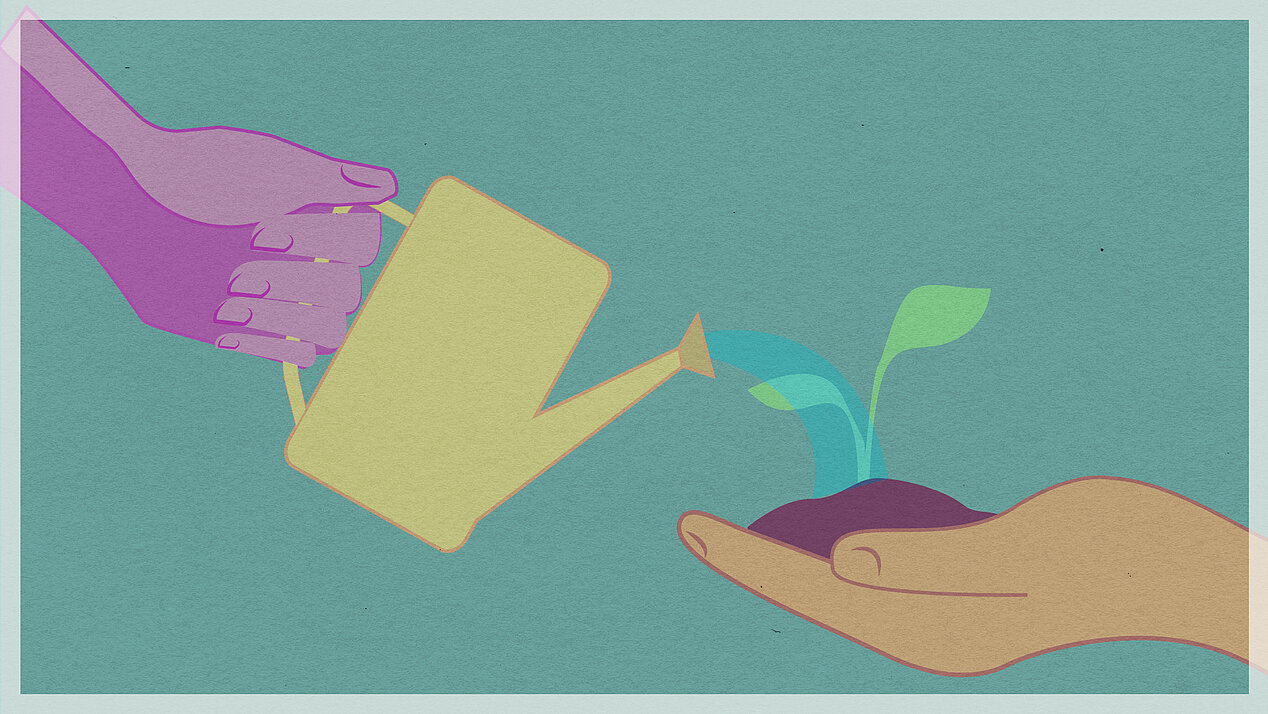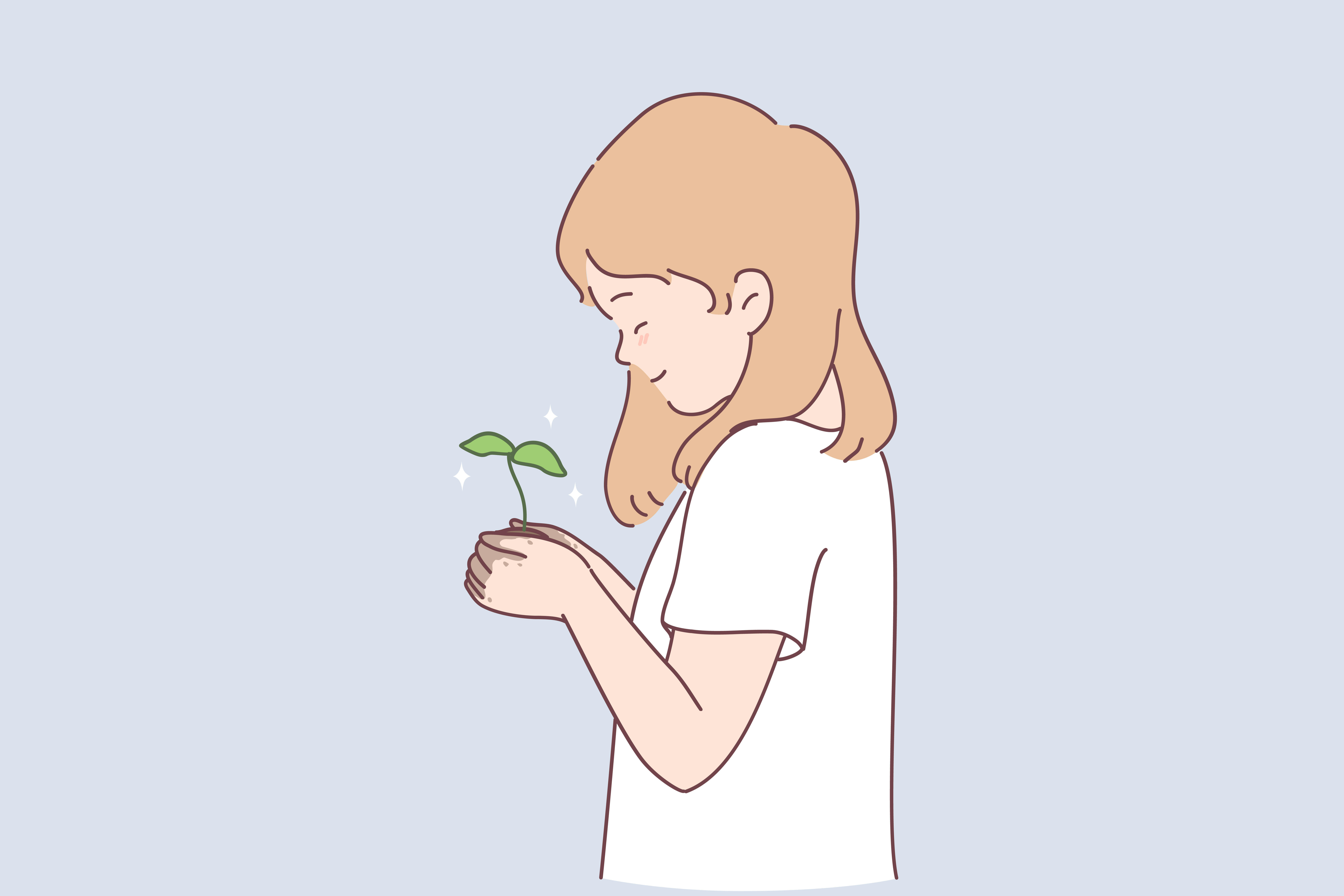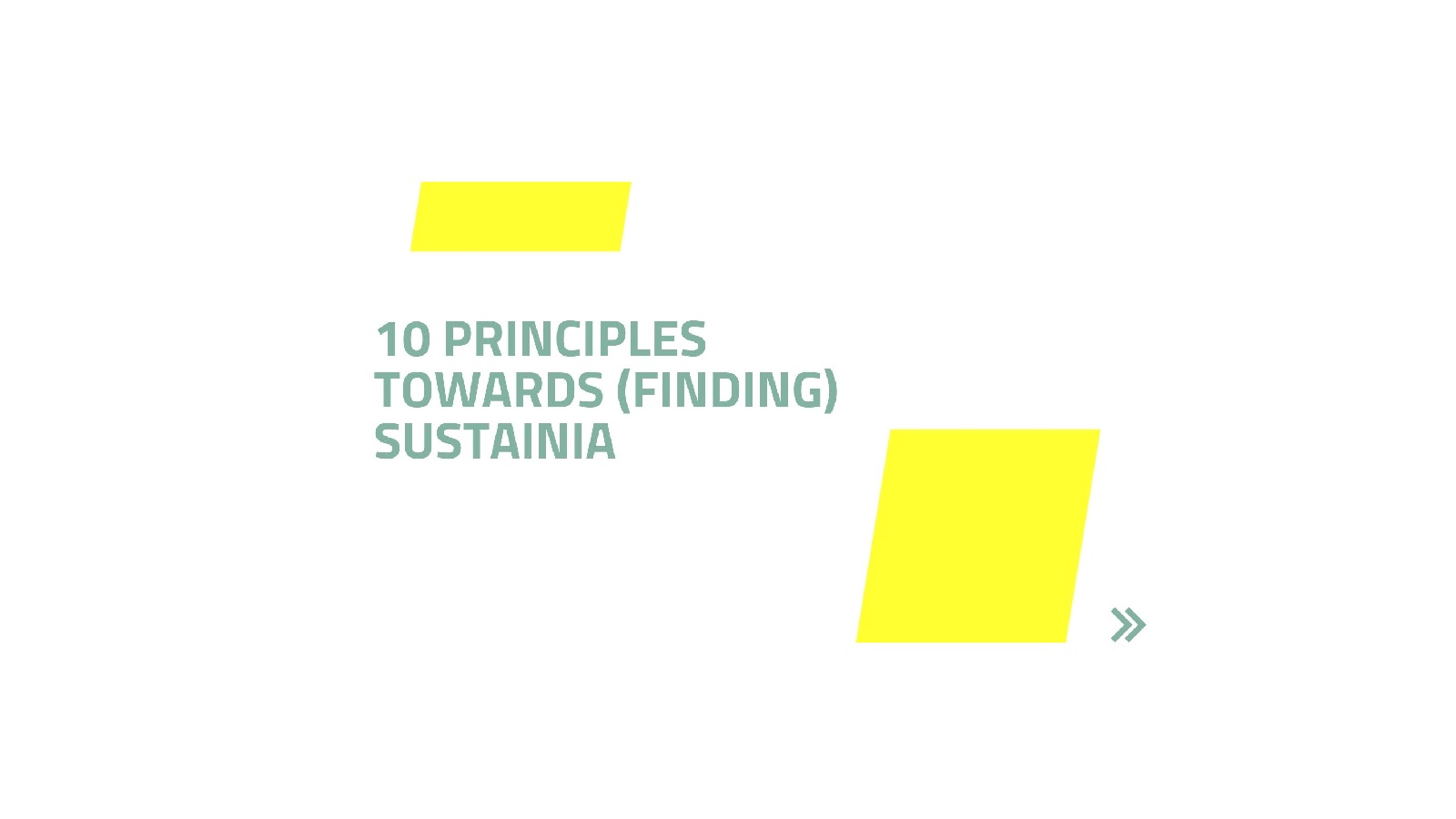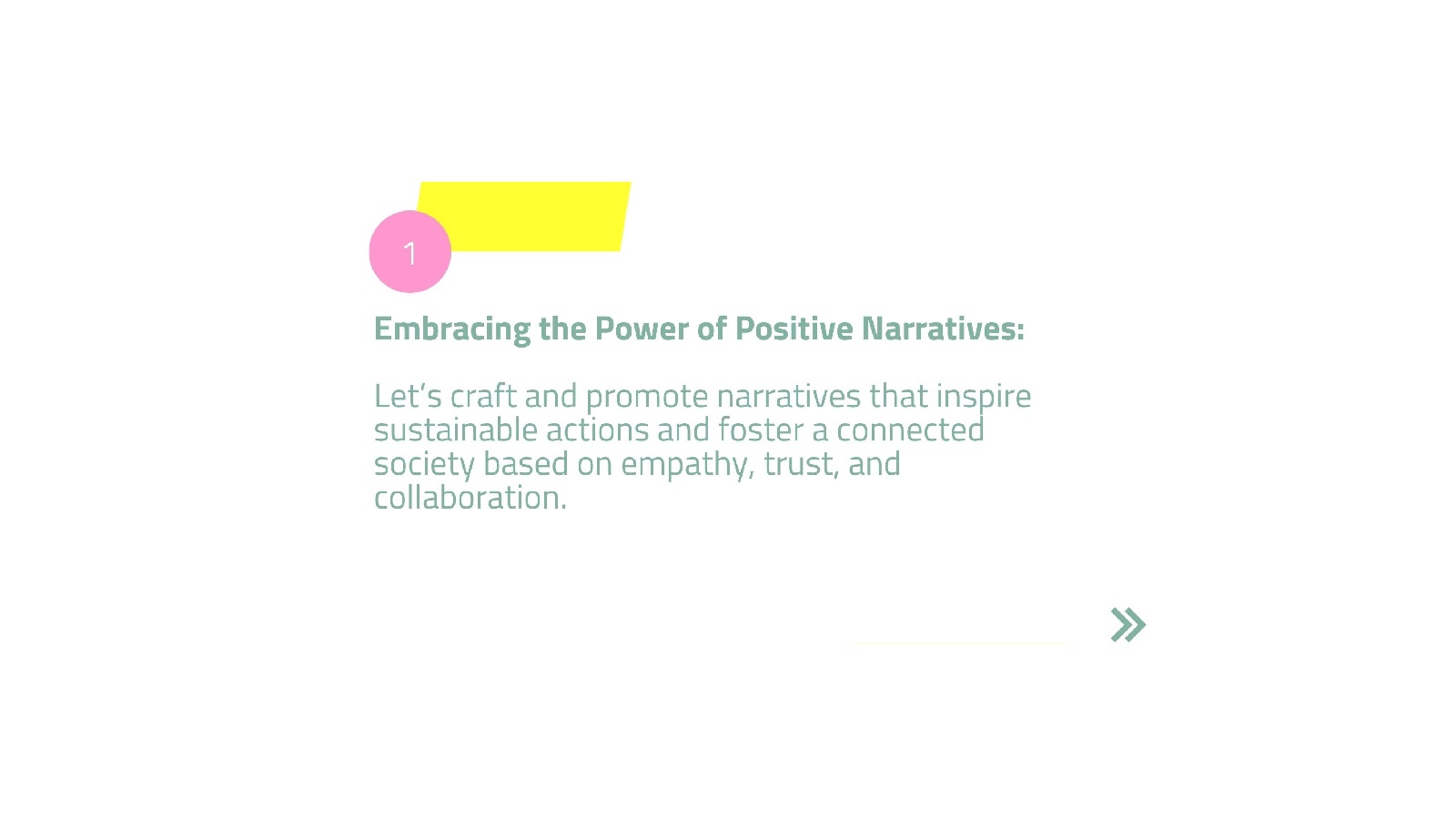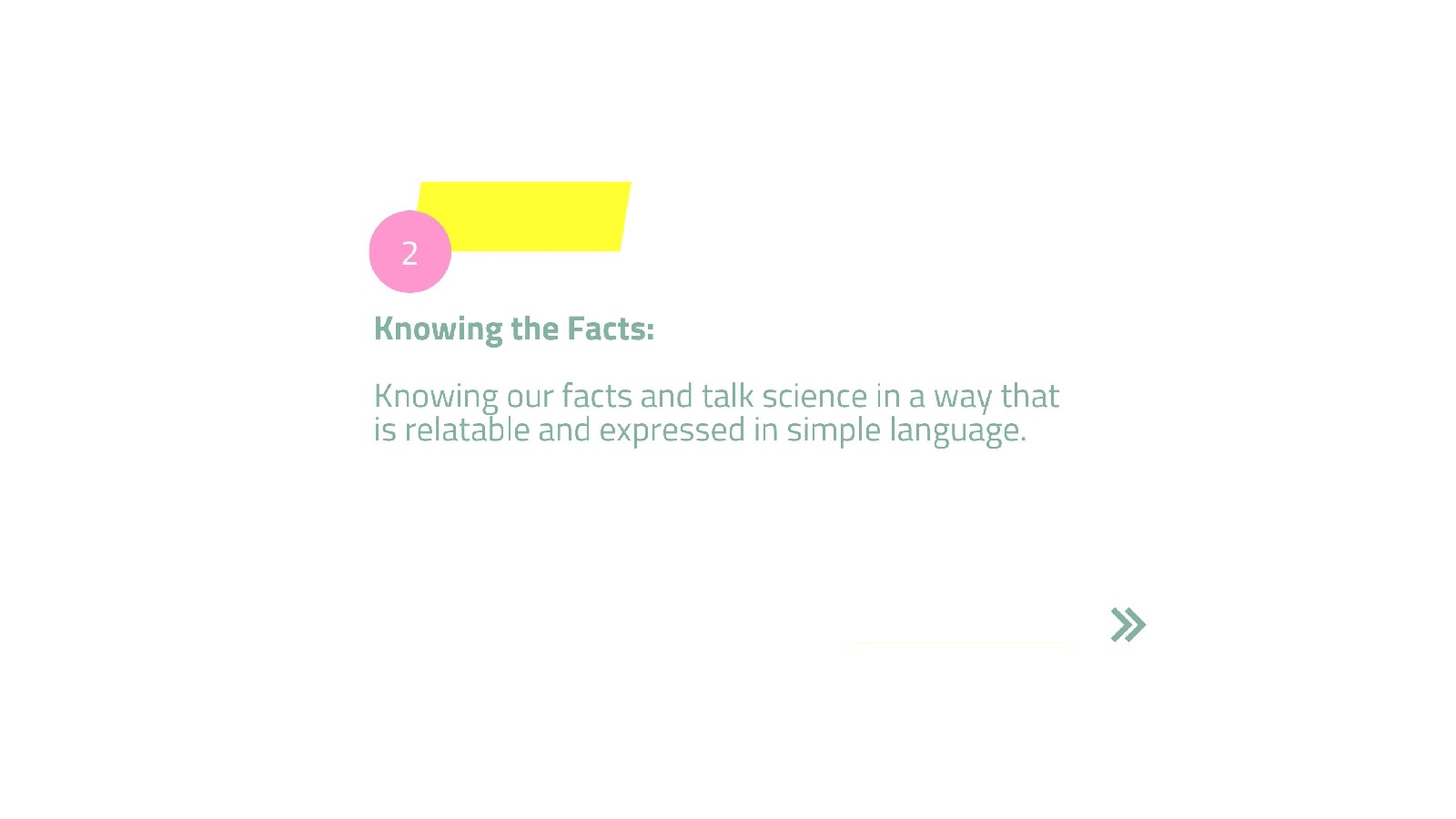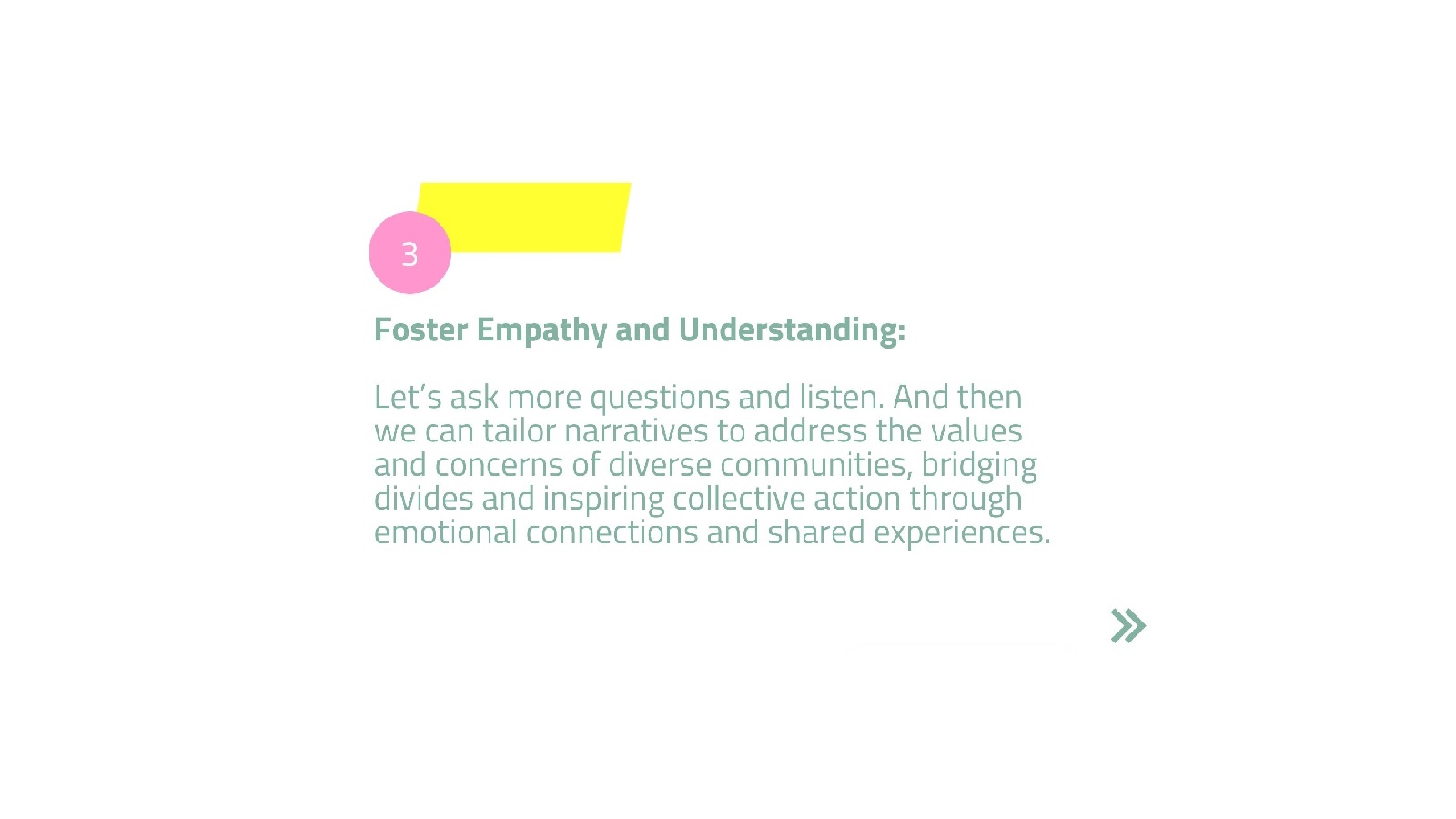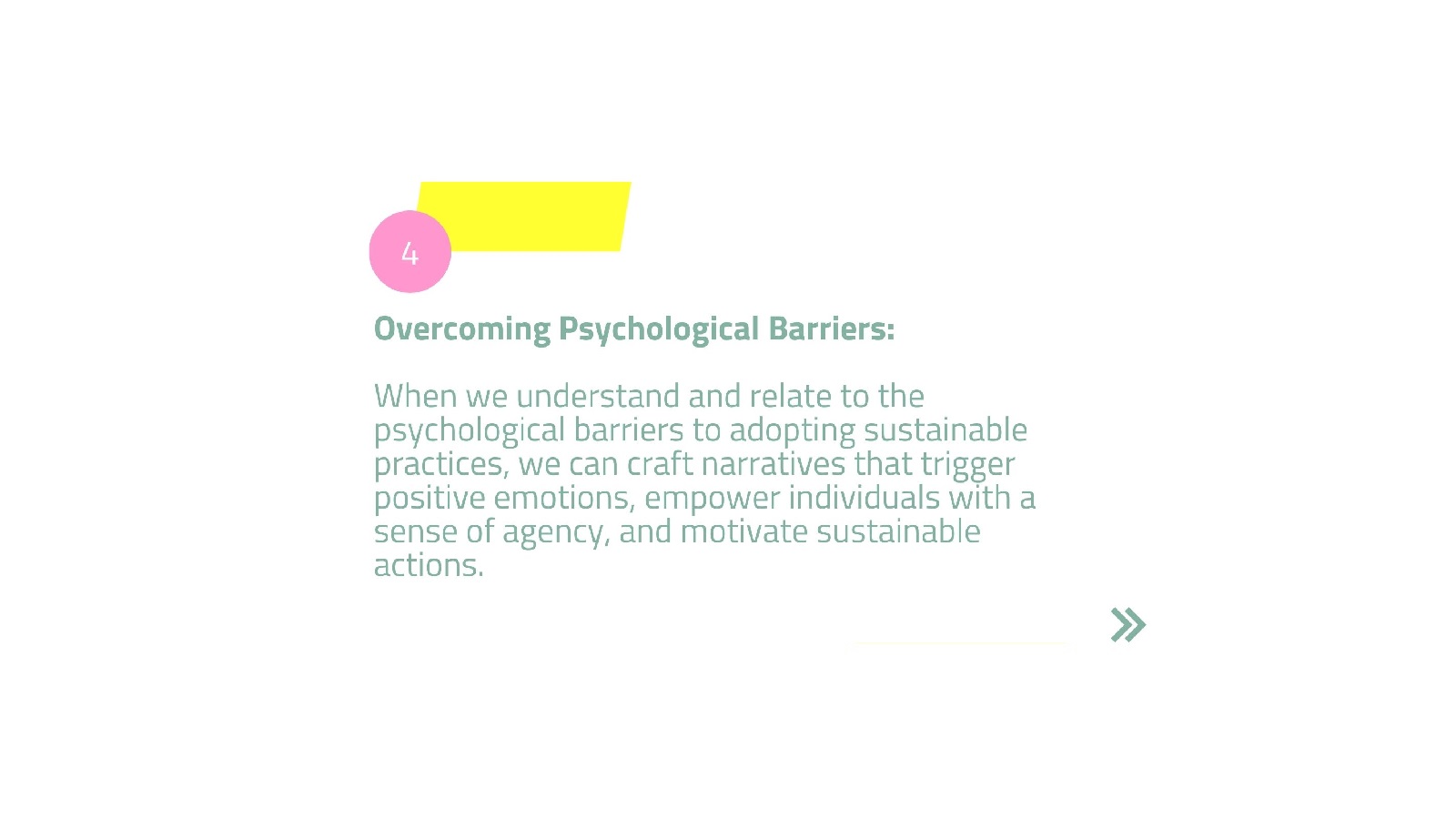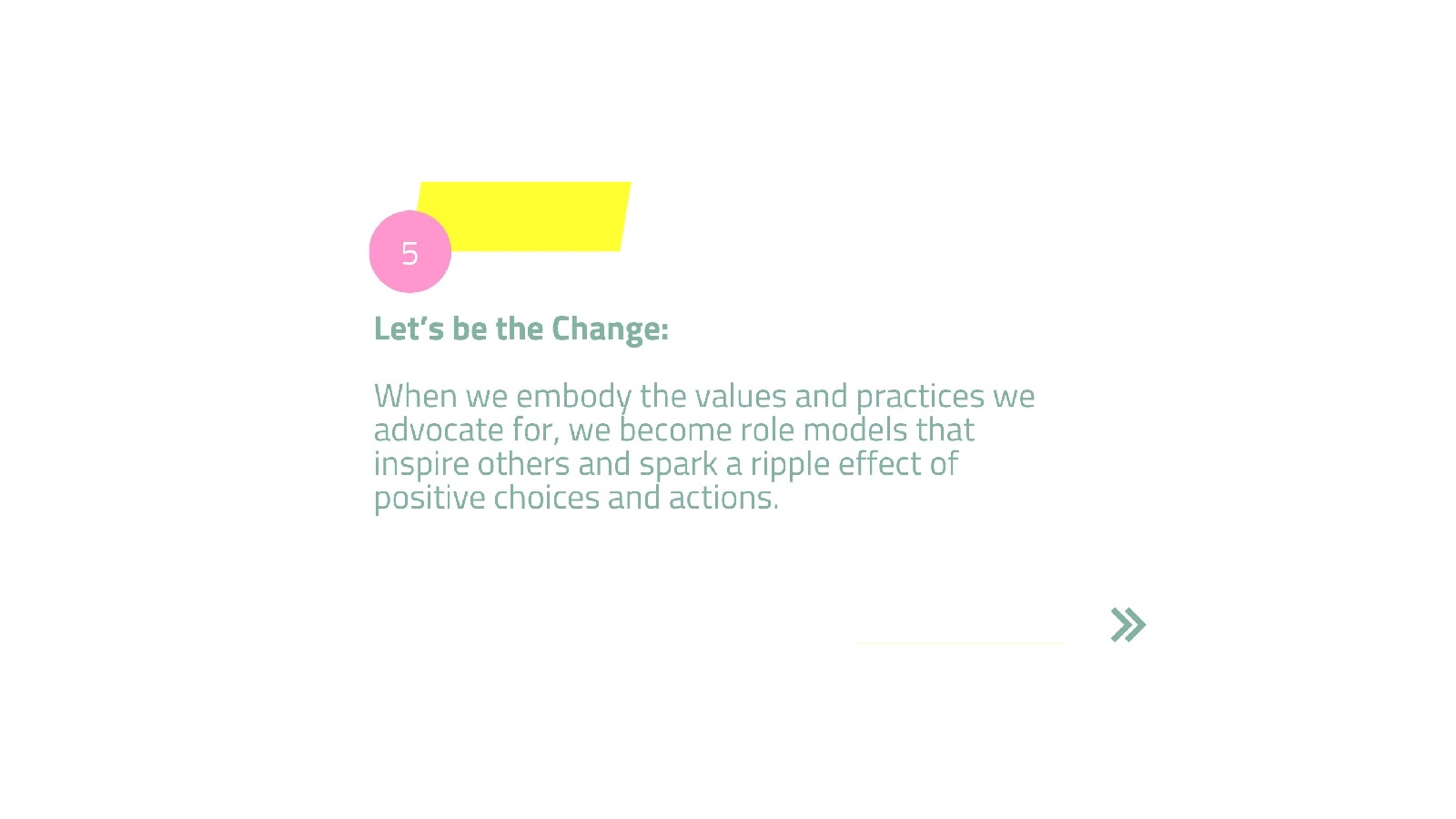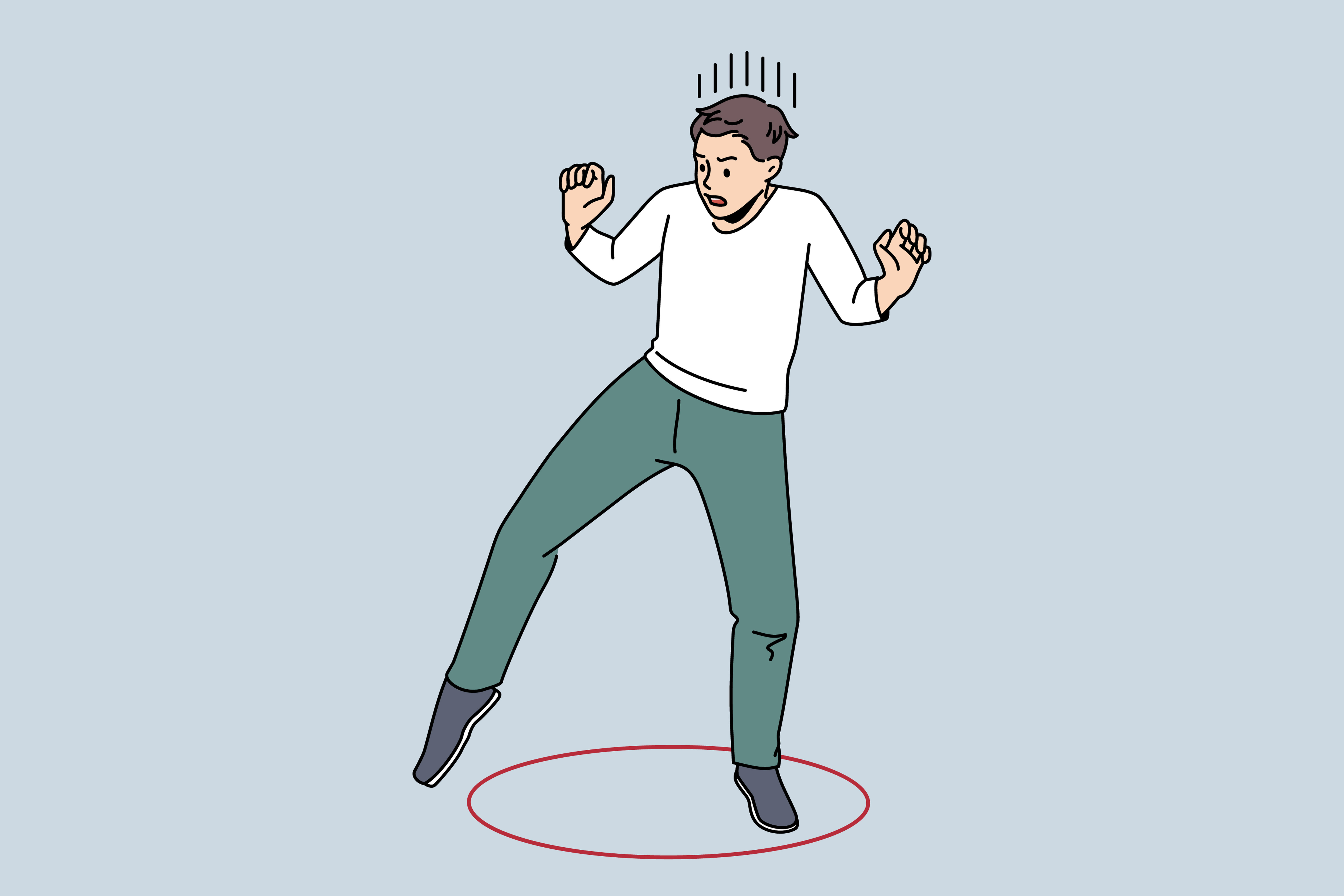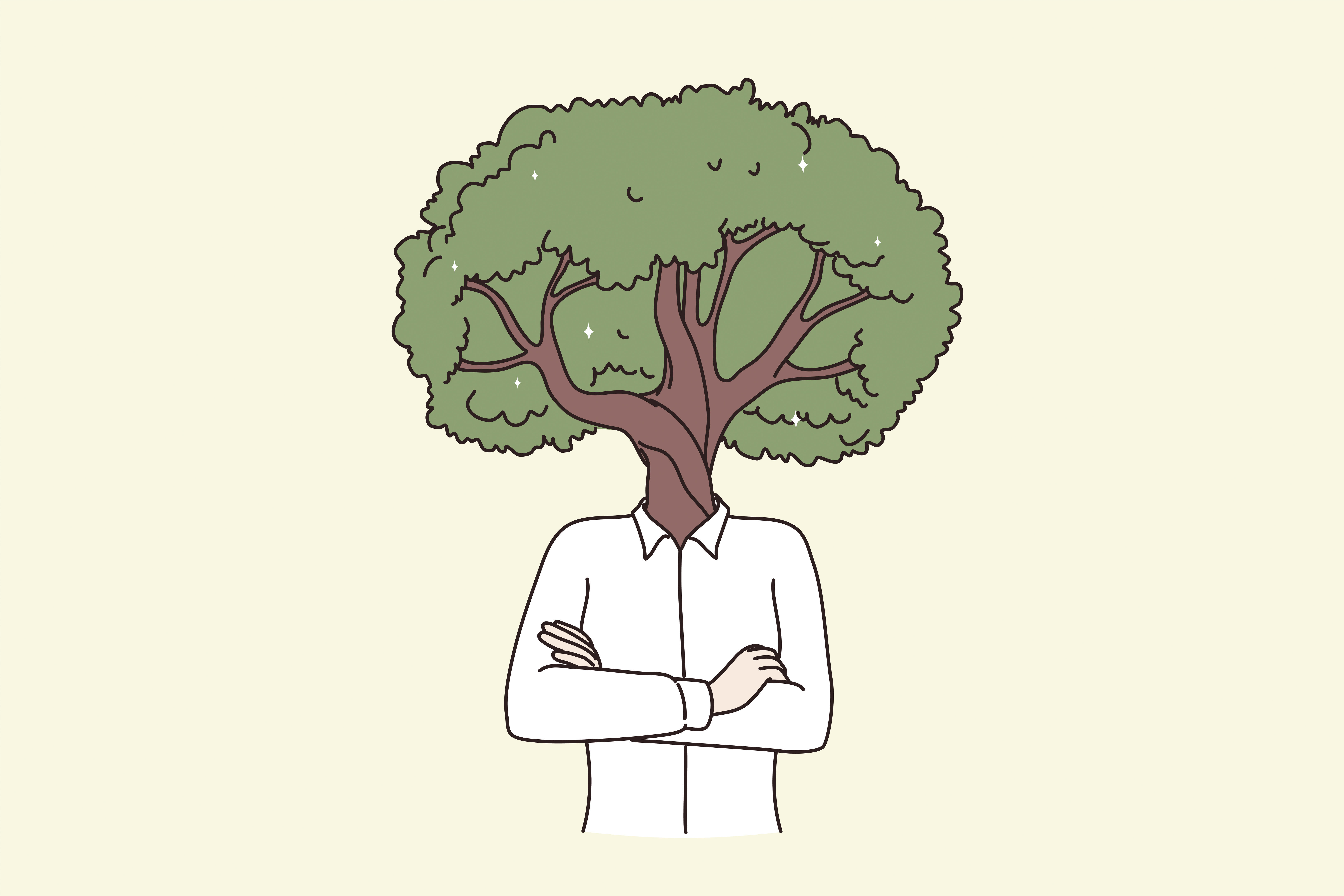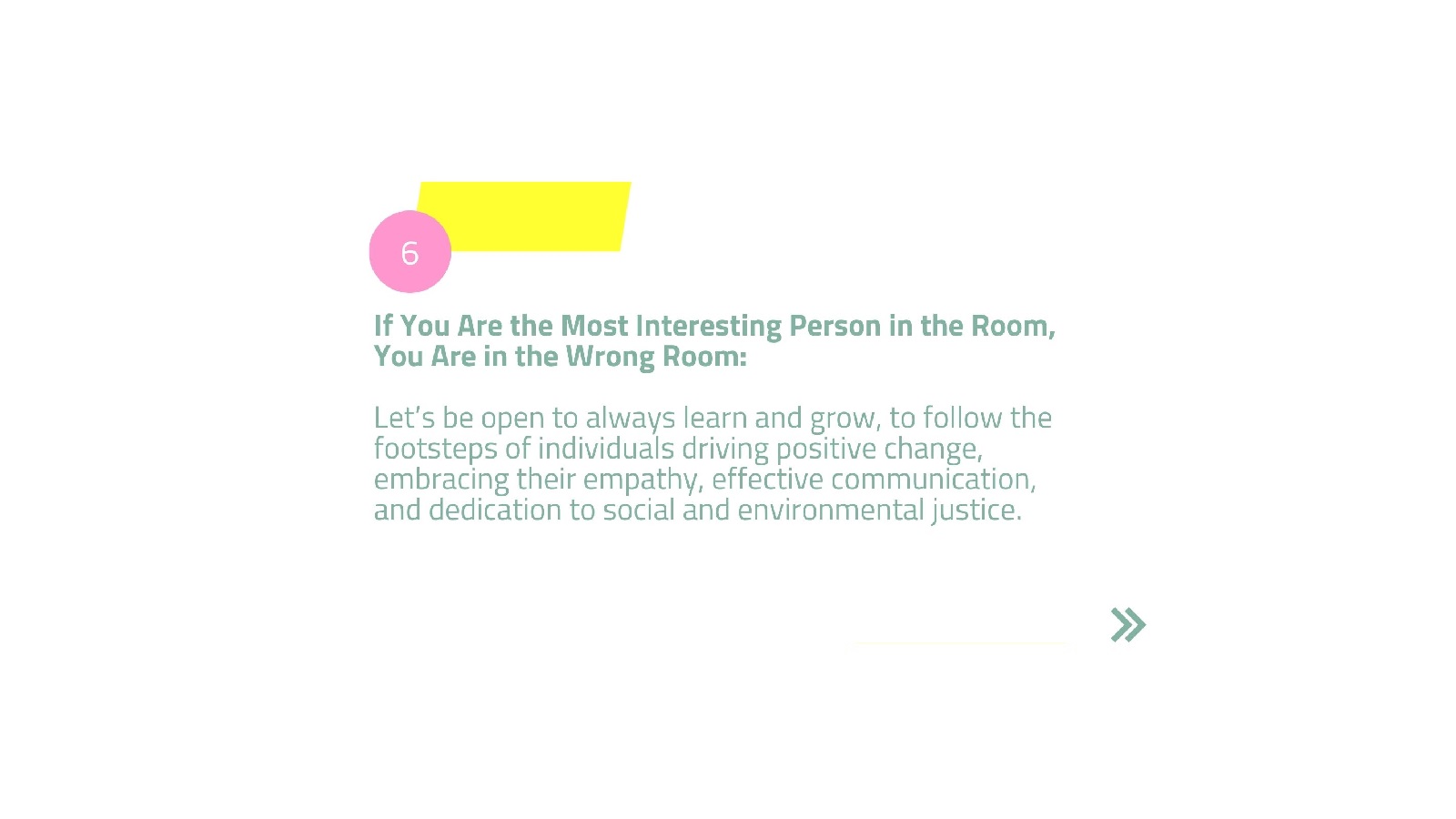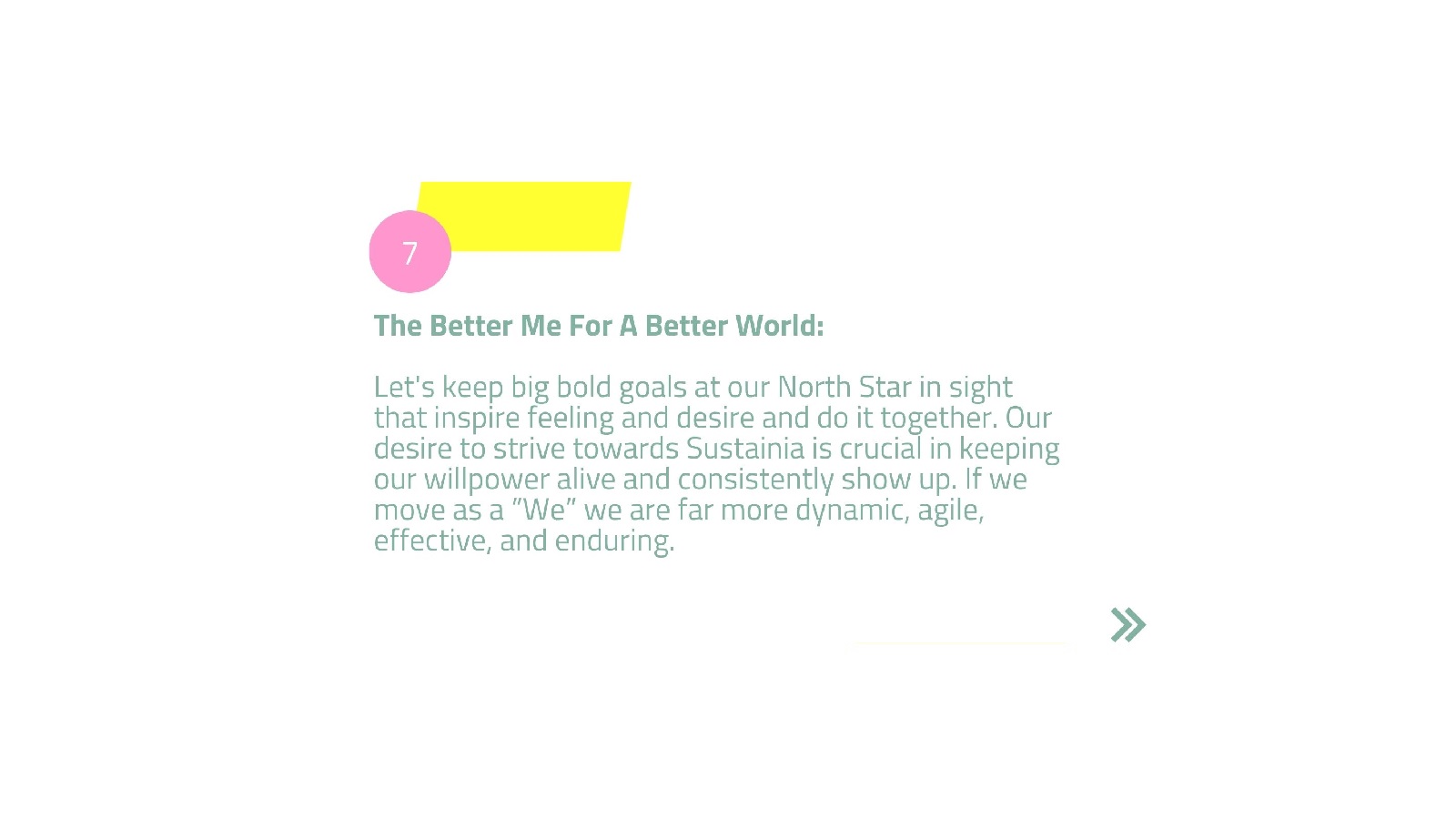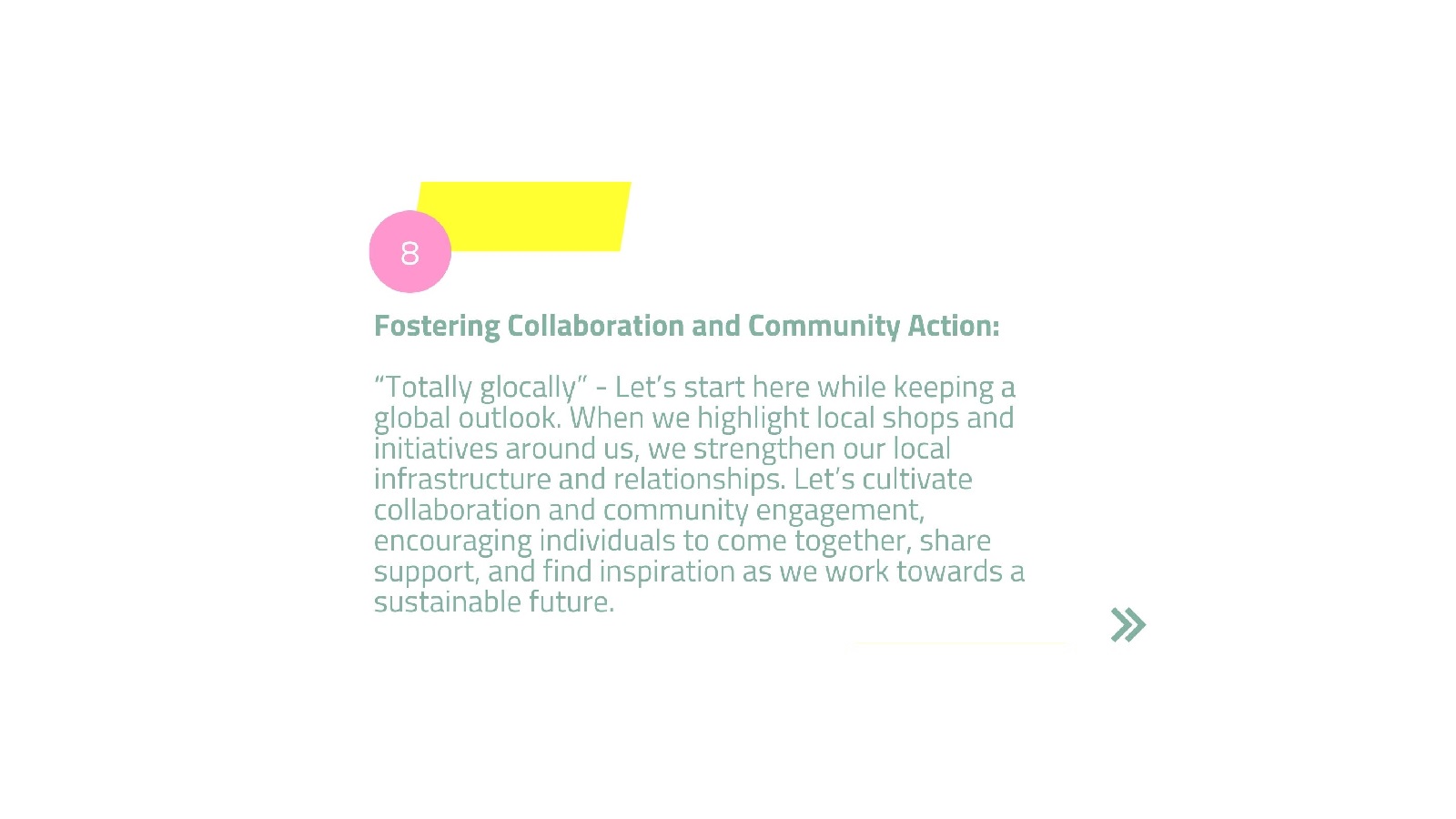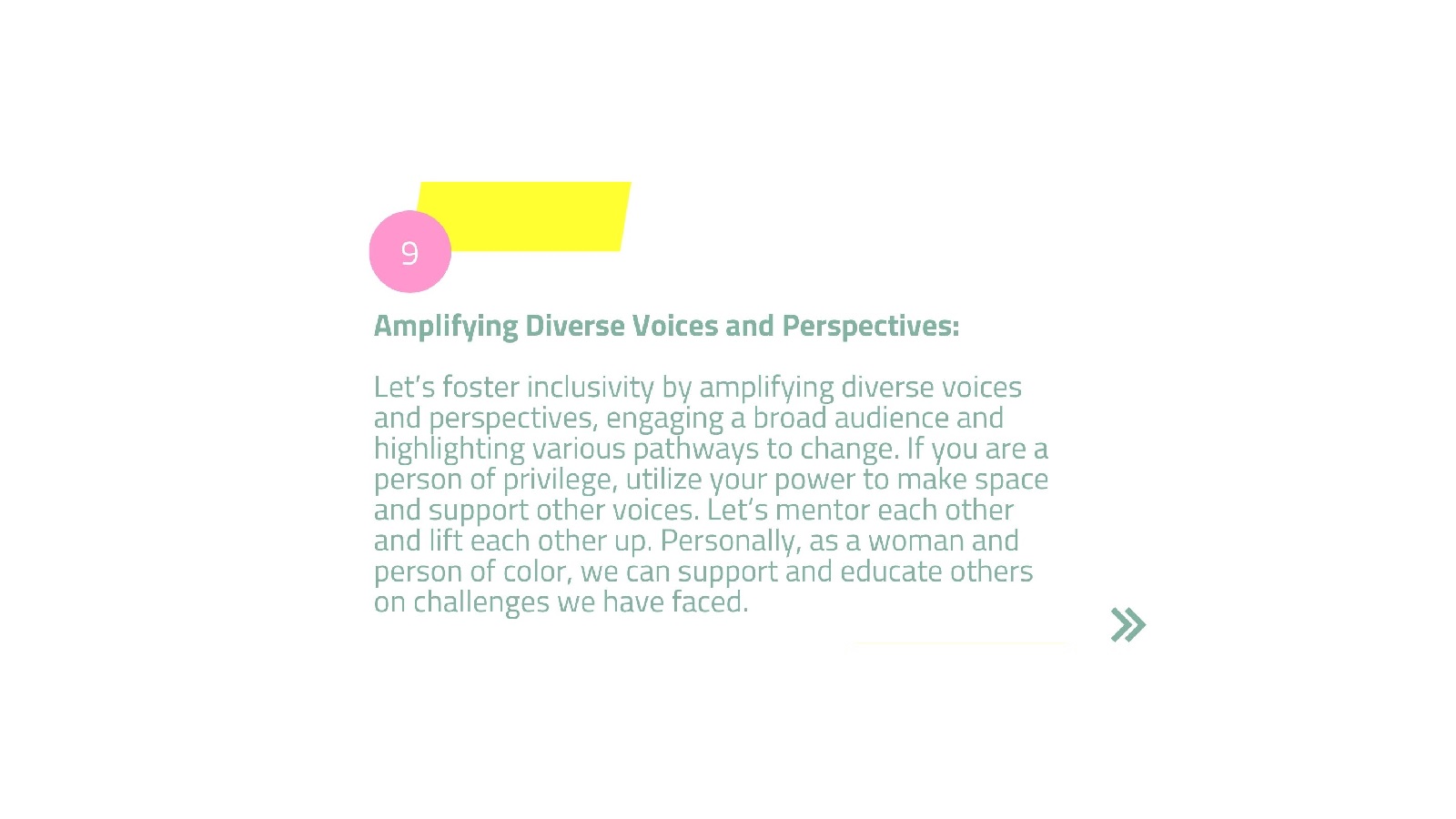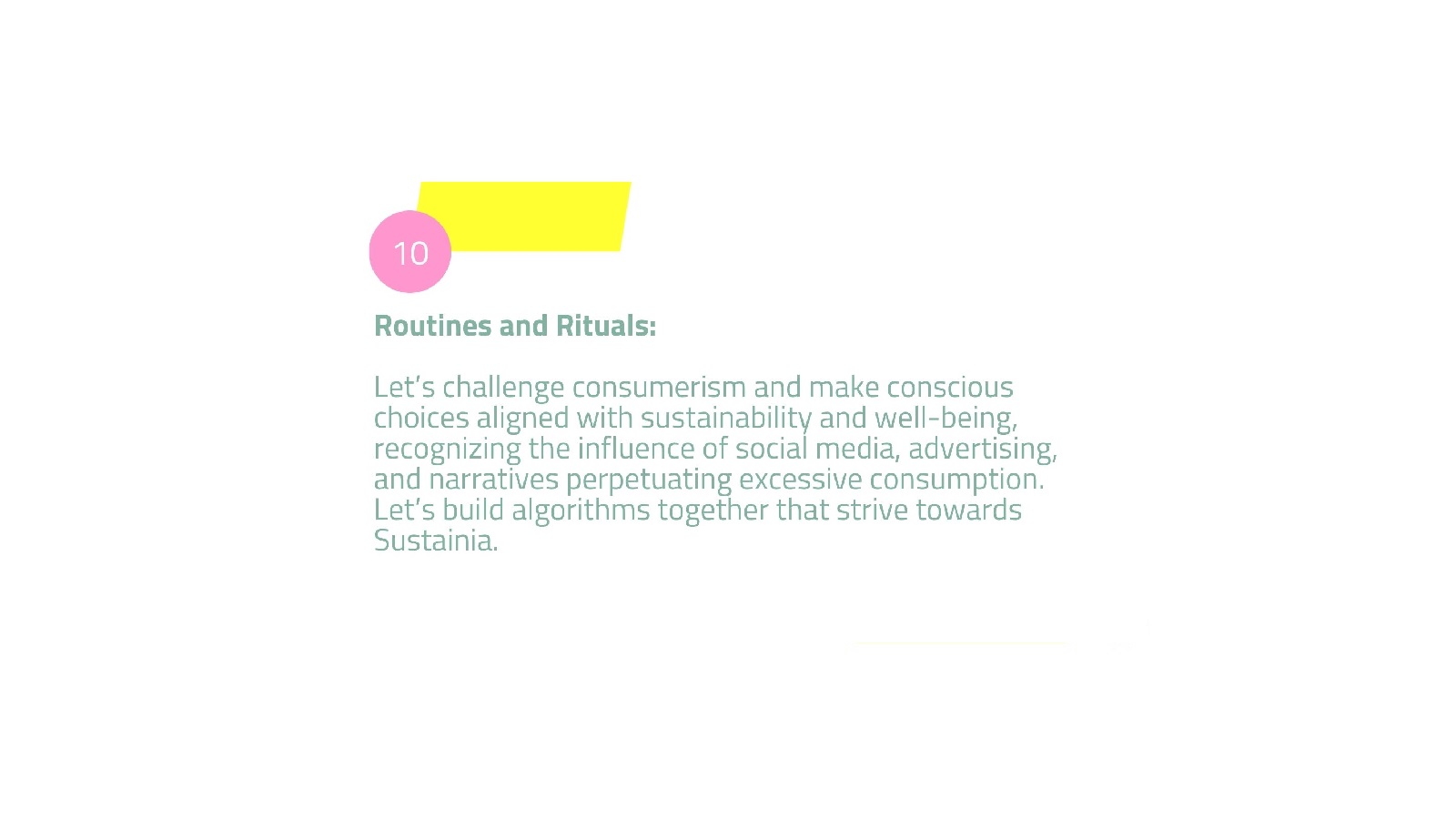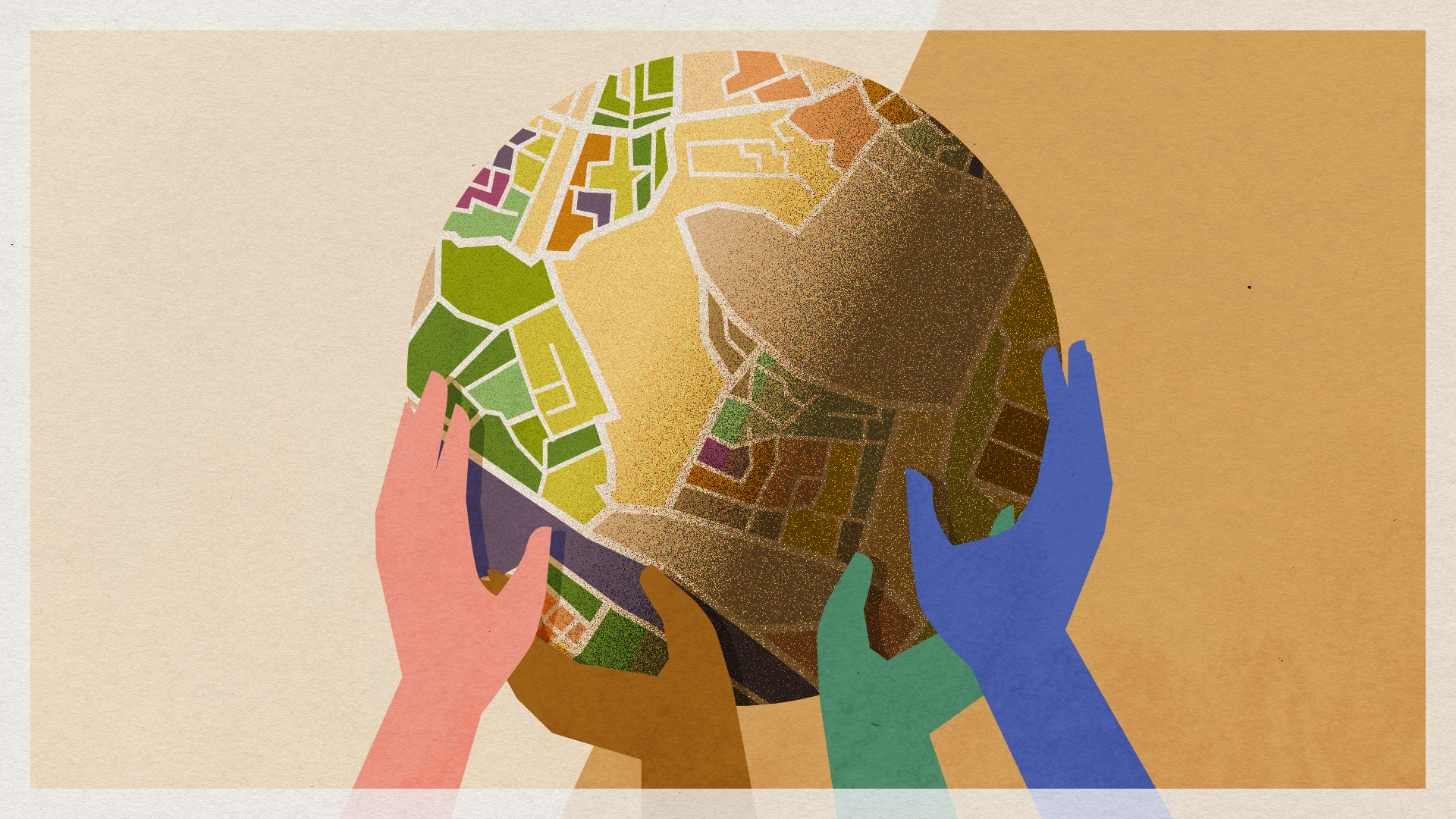Growing up as a child of Bengali Hindu parents in Germany, I witnessed the profound influence of my parents' stories in shaping my life and instilling important values. These stories, in parts mythological deity tales, and in parts stories of a happy village childhood full of mischief and goodness, taught me the significance of choosing the right path, thinking of the people and world around us, and listening to our conscience.
To this day, I feel a literal pang of conscience when I consider something that deviates from my values. Growing up in the 80s and 90s as a girl of color, I also encountered stories of otherness, not belonging, and the need for hypervigilance, as I tiptoed around the possibility of breaking some kind of cultural code, I wasn't aware of yet.
Stories possess incredible power, capable of healing or hurting, uniting or dividing, and inspiring hope or despair. In our beautifully diverse and complex world, there is no definitive rulebook for the right behavior. However, I believe we all yearn to be part of a story that embraces love, identity, togetherness, care, and values. When our stories celebrate and value our differences while creating a powerful vision of the world we desire, we can find the necessary momentum and motivation to collaborate and work towards this vision, relating to ourselves and the world around us.


